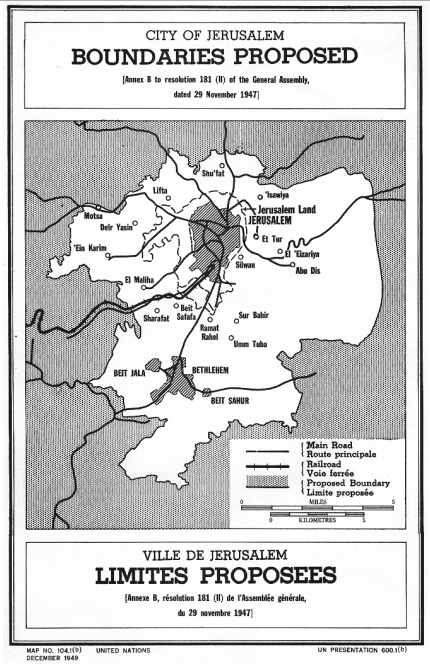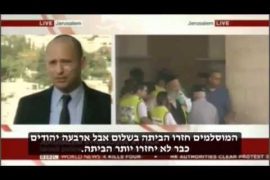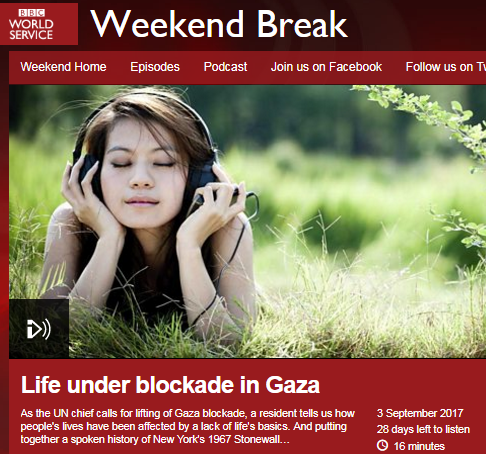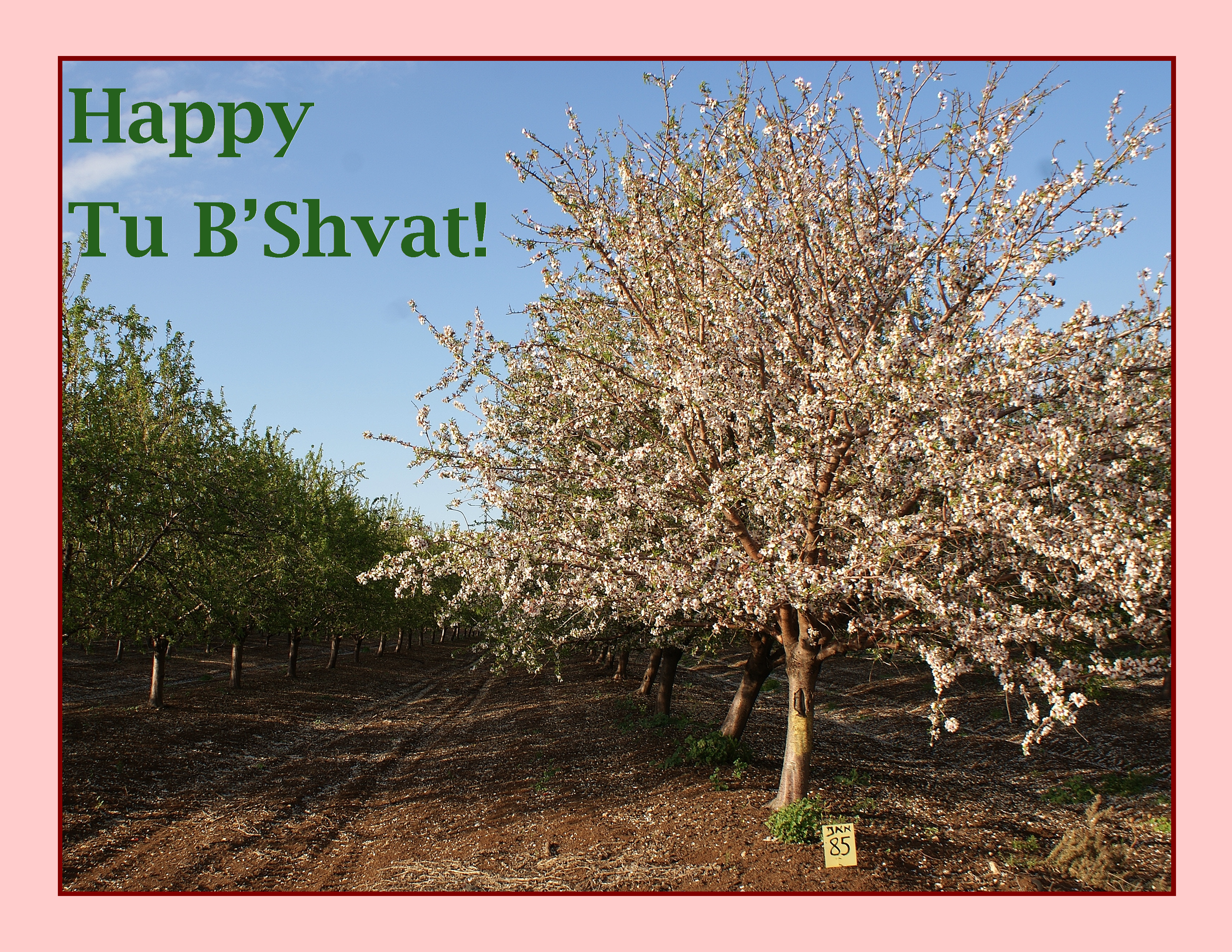On September 3rd BBC Radio 4 aired an edition of a programme called ‘Agree to Differ’ which will be repeated on the evening of September 6th and is available here. The title of the edition is “Jerusalem” and the programme is presented by Matthew Taylor – today the chief executive of the RSA and formerly Chief Adviser on Political Strategy to Tony Blair during his premiership.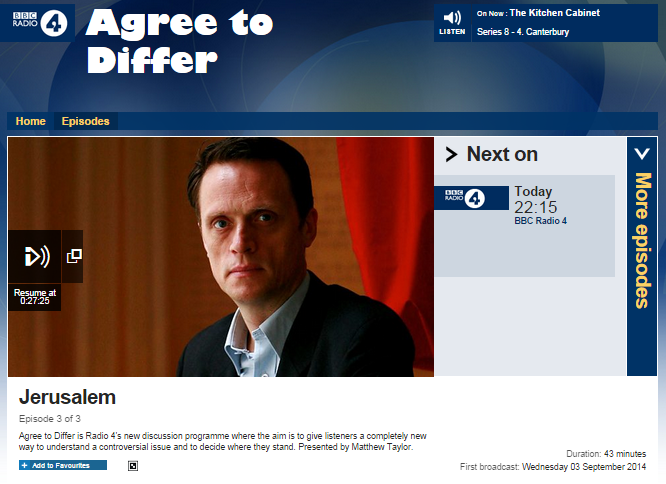
At the beginning of the programme Taylor informs listeners:
“…we’re going to give you a completely new way to understand a controversial issue and to decide where you stand.”
“We’re looking at a dispute that’s almost as old as civilization itself. We’re exploring the respective claims of Palestinians and Israelis over the city of Jerusalem.”
That historical illiteracy unfortunately continues throughout the programme with Taylor promoting a variety of bizarre and inaccurate interpretations of historic, political and legal issues as we will soon see.
Taylor’s guests are Rabbi Barry Marcus of the Central Synagogue in London and Rafeef Ziadah who is introduced only as a “Palestinian performance poet and human rights activist”. Listeners are not informed that Ziadah is a leading anti-Israel campaigner whose day job at ‘War on Want’ is titled “Senior Campaigns Officer (Militarism and Security)“. Neither are they informed that she is a prominent BDS activist who sits on the steering committee of PACBI and campaigns for the dismantling of the Jewish state. So much – once again – for the supposed BBC commitment to “summarizing the standpoint” of interviewees as part of its editorial guidelines on impartiality.
Rafeef Ziadah’s political propaganda – which Taylor fails to challenge throughout the entire 42 minute programme – begins early on with her introduction of herself.
“My family are refugees, originally from Haifa. They were forced out of Palestine in 1948 and ended up in Lebanon. My grandfather died in a refugee camp still holding the key to his home in Haifa and wanting to go back.”
History, however, shows that the Arabs who left Haifa in 1948 were not “forced out” at all.
“In early April [1948], an estimated 25,000 Arabs left the Haifa area following an offensive by the irregular forces led by Fawzi alQawukji, and rumors that Arab air forces would soon bomb the Jewish areas around Mt. Carmel. On April 23, the Haganah captured Haifa. A British police report from Haifa, dated April 26, explained that “every effort is being made by the Jews to persuade the Arab populace to stay and carry on with their normal lives, to get their shops and businesses open and to be assured that their lives and interests will be safe.” In fact, David Ben-Gurion had sent Golda Meir to Haifa to try to persuade the Arabs to stay, but she was unable to convince them because of their fear of being judged traitors to the Arab cause. By the end of the battle, more than 50,000 Palestinians had left.
‘Tens of thousands of Arab men, women and children fled toward the eastern outskirts of the city in cars, trucks, carts, and afoot in a desperate attempt to reach Arab territory until the Jews captured Rushmiya Bridge toward Samaria and Northern Palestine and cut them off. Thousands rushed every available craft, even rowboats, along the waterfront, to escape by sea toward Acre (New York Times, April 23, 1948).’
In Tiberias and Haifa, the Haganah issued orders that none of the Arabs’ possessions should be touched, and warned that anyone who violated the orders would be severely punished. Despite these efforts, all but about 5,000 or 6,000 Arabs evacuated Haifa, many leaving with the assistance of British military transports.
Syria’s UN delegate, Faris el-Khouri, interrupted the UN debate on Palestine to describe the seizure of Haifa as a “massacre” and said this action was “further evidence that the ‘Zionist program’ is to annihilate Arabs within the Jewish state if partition is effected.”
The following day, however, the British representative at the UN, Sir Alexander Cadogan, told the delegates that the fighting in Haifa had been provoked by the continuous attacks by Arabs against Jews a few days before and that reports of massacres and deportations were erroneous. The same day (April 23, 1948), Jamal Husseini, the chairman of the Palestine Higher Committee, told the UN Security Council that instead of accepting the Haganah’s truce offer, the Arabs “preferred to abandon their homes, their belongings, and everything they possessed in the world and leave the town.” “
The propagation of such historical inaccuracies continues throughout the broadcast, with the first question put by Taylor being as follows:
“Who has the greater attachment and entitlement to the city and for whom Jerusalem has the greater religious, cultural, historical, political importance.”
Initially unable to get a straight answer out of Ziadah regarding Palestinian history in Jerusalem and obviously unwilling throughout to curb her exploitation of any and every question posed to promote baseless political slogans such as “apartheid” and “ethnic cleansing”, Taylor eventually asks:
MT: “Rafeef, to what extent is your argument that there was a de facto Palestinian state before 1948, for example if you take that particular moment; the establishment of the State of Israel?”
RZ: “Historically in that part of the world even referring back to Roman times that area was referred to as Palestine. There is a Palestinian nation. I’m a Palestinian person. I know that within Israeli and Zionist mythology they say Palestinians don’t exist but the reality is Palestinians have always existed in that territory.”
Taylor then asks his other interviewee:
“Do you recognize, Barry, that in the rich history of Jerusalem there certainly was a time when it effectively was part of a Palestinian nation?”
Taylor then promotes his own remarkably unrealistic and embarrassingly anachronistic New Labour-style view:
“OK, now let me suggest a proposition that you might agree about and see whether you’re happy with this. Jerusalem is a city that experienced many, many different rulers, different peoples in charge; that we must respect different historical and religious claims, but that no one claim can ultimately trump the others.”
He further labours the point:
“There is a recognition from both of you […] for the diverse history of Jerusalem both politically and religiously. There is a commitment that you both have that this should be a city that respects those traditions.”
Of course anyone who is familiar with Jerusalem knows full well that since June 1967 all cultures and religions have free access to their places of worship and sites of cultural importance. Later on, Taylor promotes the following notion:
“Since Israel took control in 1967, around 400 Jewish families have moved there [the Jewish Quarter in the Old City] and in 1981 Israel’s High Court ruled that to maintain its character, non-Jews were not allowed to buy property there.”
Significantly, at no point does Taylor inform his listeners that in 1948 all Jewish residents of the Old City were expelled by the Jordanians and their property taken over. Although he does not specify the court case to which he refers, Taylor apparently alludes to the Burkan case in which Jordanian citizen Mohammed Said Burkan was refused residency in the Jewish Quarter because he did not meet the requirement of being an Israeli citizen who had served in the IDF or was exempt from service. The court’s main point (p138) was that the State of Israel had an interest in the restoration of the historic Jewish Quarter from which Jews had been expelled by the Jordanians and was therefore entitled to employ positive discrimination to encourage Jews to return to the Jewish Quarter.
As is all too often the case in BBC depiction of Israel, Taylor elects to mislead audiences by discounting any history before 1967, failing to note the San Remo declaration and the Mandate for Palestine. Listeners are at no point informed that the city of Jerusalem has had a Jewish majority population since the mid-nineteenth century and furthermore he fails to point out to listeners that Jordan’s 19-year occupation was not recognized by the international community.
MT: “Before the Six Day War in 1967 Jerusalem was divided into the east annexed by Jordan and the west controlled by Israel. Since the war, Israel has controlled the whole city and many Jewish settlements have been established on the eastern side. The international community deems the Israeli occupation to be illegal, but how important is international law based on the pre-1967 boundaries?”
Listeners are – as usual and in breach of BBC guidelines on impartiality – not informed of the existence of differing legal opinions and the inaccurate myth of “pre-1967 boundaries” which were in fact 1949 Armistice Lines with no legal standing is promoted.
Taylor devotes a significant part of his programme to the discussion of “international law” and Jerusalem but revealingly, at no point does he enlighten listeners by informing them to which clause of “international law” in which document he refers or what that supposed “law” actually says. Instead, the entire discussion is based on the unsubstantiated premise that somewhere there is a legal document which rules that Israeli control of parts of a city which was only ever divided by the belligerent actions of Jordan is illegal. But the really interesting part of this programme – and what appears to be its actual aim – is Taylor’s promotion of his own view of the ‘solution’ to the issue which – remarkably or not – dovetails with existing BBC policy.
MT: “Take the religious dimension out of it. What about the United Nations proposal after the Second World War that the Old City with its key religious sites be a corpus separatum that is basically an independent city-state governed by the international community. What’s your view on that?” […]
“Barry what do you think of that United Nations idea that the Old City be a kind of separate statelet under international supervision? You think that might help things?”
Of course Taylor is misrepresenting this issue from two points of view. Firstly, he inaccurately portrays the corpus separatum idea as relating to the Old City alone when in fact it related to a considerably larger area, including parts of the territory today governed by the Palestinian Authority. Taylor also neglects to inform listeners that the plan had a ten-year time limit.
Secondly, as has been noted here on previous occasions, that UN proposal formed part of the 1947 Partition Plan (resolution 181) which, as Rabbi Marcus points out in the programme, was rejected by the Arab side outright and has no legal binding whatsoever because its adoption was conditional on the agreement of both parties.
The BBC, however, not only stubbornly refuses to recognize the fact that resolution 181 has no significance but also continues to implement an editorial policy of promoting it, as can be seen in some of its Editorial Standards Committee’s distinctly odd decisions.
“The [BBC Trust’s Editorial Standards] Committee noted that while there is no expectation that in a two-state solution West Jerusalem would become Palestinian territory, a UN resolution passed in 1947 has not been rescinded. It calls for the whole of Jerusalem to be an international city, a corpus separatum (similar to the Vatican City), and in that context, technically, West Jerusalem is not Israeli sovereign territory. “
Matthew Taylor appears to have taken it upon himself to promote this red herring too in a programme which – far from achieving its stated aim of giving audiences “a completely new way to understand a controversial issue” – can only contribute to their further confusion with its misrepresentation of history and “international law”, its unchallenged promotion of baseless political propaganda such as “ethnic cleansing” or “apartheid” and its advancement of a totally irrelevant ‘solution’ which was rejected almost 70 years ago by the same Arab nations who then invaded Israel – causing people such as Rafeef Ziadah’s grandfather to become refugees and dividing Jerusalem for the first and only time in its history.
Had Matthew Taylor chosen to accurately and impartially represent those events as they actually happened, he may actually have succeeded in bringing audiences a “new way” to understand the topic: one which is not based on anti-Israel political propaganda and his own redundant culturally specific beliefs.

